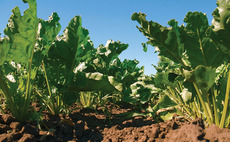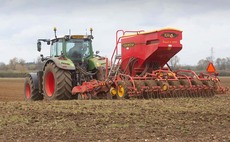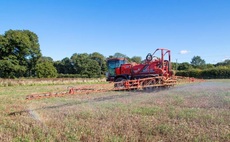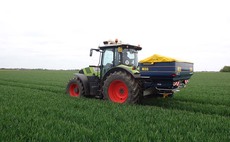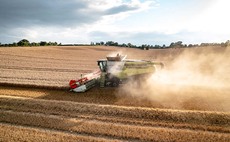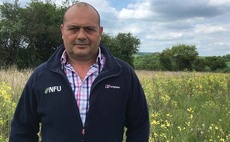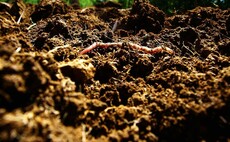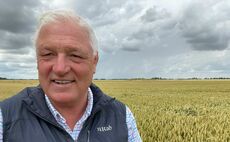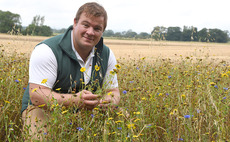Technical
Arable
A move to biological seed treatments has helped one Borders grower move away from chemical alternatives in a bid to help secure long-term business sustainability and improve soil health
Agronomy
With most sugar beet generally looking good after recovering from late drilling and a slow start, BBRO’s Beetfield demo day highlighted ways to maximise crop potential. Martin Rickatson reports.
Technical
With many farmers experiencing a rebound in grass-weed numbers this year, stubble management will be key to reducing viable seed levels.
Prices & Trends
As fertiliser prices hit record highs last year, many farmers were forced to rethink their crop nutrition programmes.
Agronomy
With harvest progress falling behind and increased reports of lodged crops, growers continue to face challenging conditions.
Arable
NFU crops board chairman Matt Culley is a fourth-generation farmer from Hampshire working in partnership with his parents and brother.
Agronomy
Promoting diverse colonies of soil biology to improve plant health is something most regenerative farming systems are based around. And while biology cannot offer consistent control of pests or disease like an agrochemical might, its use is an important piece of the integrated crop management puzzle.
Arable
Alex and Joanna Wilcox live and farm with their three sons at Hill Farm near Downham Market on the Norfolk County Council Stow Estate. Covering 240 hectares of Fen silty clay loam, they grow winter milling wheat, winter feed barley, spring malting barley, spring beans and sugar beet.

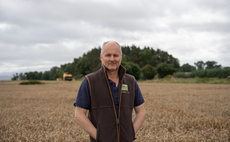
 31 August 2023
•
5 min read
31 August 2023
•
5 min read
